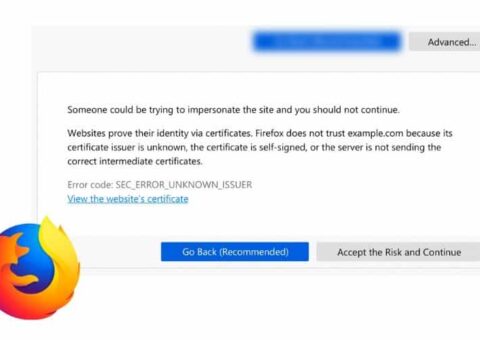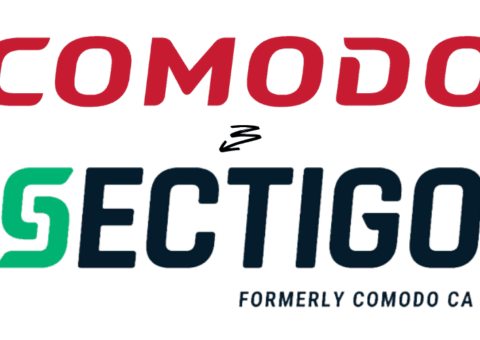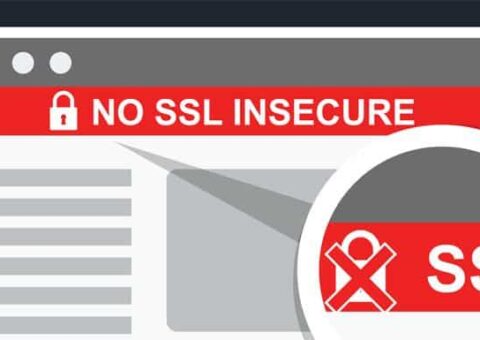What is new in TLS 1.3? A quick overview
TLS (Transport Layer Security) is the cryptographic protocol that provides communication security to all modern websites. First released in 1999 as an upgrade to now-deprecated SSL 3.0, TLS 1.0 evolved into TLS 1.1 and then, in 2008, into the current TLS 1.2 version. While TLS 1.2 has been an enormous success over the last ten years, […]






























